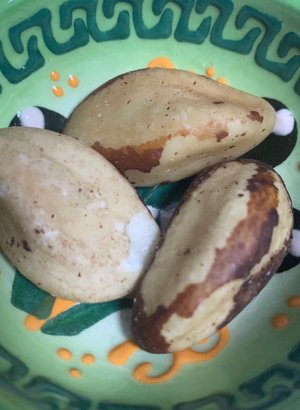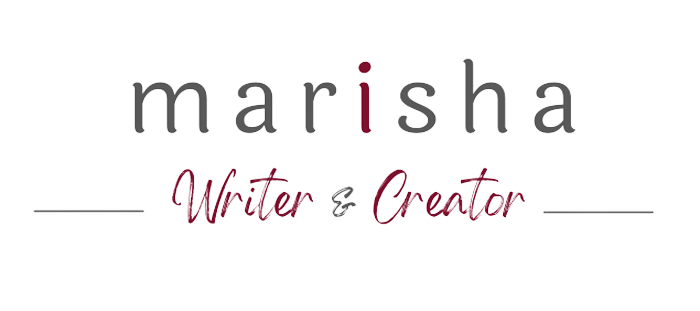Nuts are among the top foods for a healthy brain. Because they are nutrient-packed, they help fight off diseases. They provide anti-oxidants, vitamins, and minerals. All of which are crucial to protect brain cells. This stimulates memory and concentration abilities and also promotes a good gut-to-brain connection. A healthier gut, in return, incites a better immune system, facilitates good heart health, and reduces cancer risk. This is THE way to age well, reducing your risk for Alzheimer's, dementia, depression, and other mental health conditions. Nuts, and also seeds, are all good brain foods. This post will focus on the top 5.
Walnuts are the best when it comes to brain health. If you look closer, a walnut without its shell resembles the human brain a lot! It has a left and a right hemisphere, and even the "wrinkles" of the nut are similar to the neo-cortex. Walnuts are full of omega-3 acids, polyphenols, and vitamin E. Studies show that consuming walnuts regularly improves learning skills and lowers anxiety. No wonder they are an essential part of what the Germans call "Studentenfutter", translated literally "student's feed", which is a mix of nuts and raisins that we used to be advised to eat while preparing for our exams.
Almonds supply vitamin E the most: about 24 mg for every 100 grams! Almonds taste good whether raw, roasted or even blended to be drunk as milk. Vitamin E is the main ingredient to protect you from age-related memory loss, and cognitive deterioration, and preserve your verbal abilities. Almonds are also rich in fiber, protein, and monounsaturated fats. They also contain magnesium, which can lower blood pressure levels, help fight inflammation, and can improve sleep quality.
Peanuts, which are high in niacin or vitamin B3, are the fundamental component for neuronal development and limit neurodegenerative diseases. Niacin also impacts your cholesterol levels, increasing your HDL and reducing your LDL. Peanuts may help prevent diabetes type 2 in adults, boost memory, prevent depression, reduce stroke risk, and can help regulate gene "mistakes". Consuming 125 grams of peanuts daily should cover your needs in niacin and other nutrients provided. Small quantities of peanut butter can do wonders for your skin health too!
Hazelnuts are loaded with Vitamin E, manganese, thiamine, folate, and fatty acids. Thiamine or vitamin B1 plays a major role in healthy nerve function. It reduces anxiety, boosts mental clarity, and helps both the brain and the body. It holds a critical role in energy metabolism, i.e. the growth, development, and functioning of the cells. Hazelnuts are a popular snack and can be consumed raw or roasted. They are often used in desserts, or as a flavoring agent. Hazelnut liqueur is delicious and you can also ground hazelnuts to use instead of wheat flour. Hazelnut butter can also be a replacement for peanut butter. If you would like a healthy and homemade hazelnut chocolate spread, check my recipe here.
Pumpkin seeds are not nuts. They do belong on this top 5 list for their content of antioxidants, magnesium which supports learning and memory, iron which prevents brain fog and cognitive impairment, zinc which is indispensable to halt neurodegenerative diseases, and copper which maintains good nerve signaling. Pumpkin seeds also sustain a good immune system. Mostly consumed roasted, you can add them to your salads, dips, muffins, cookies, and bread. Pumpkin seeds oil is used to treat age-related prostate enlargement, relieve some menopausal symptoms, alleviate urinary tract issues, improve your skin tone by giving it a youthful glow, reduce hair shedding in both men and women, medicate inflammation, and balance blood pressure.
If you are allergic to nuts, you can replace them with sunflower seeds or chickpeas. Make sure to consult with your doctor first. For an interesting and easy to make Brain Boosting Smoothie Recipe, check this link here. Bon appétit 😋😋

